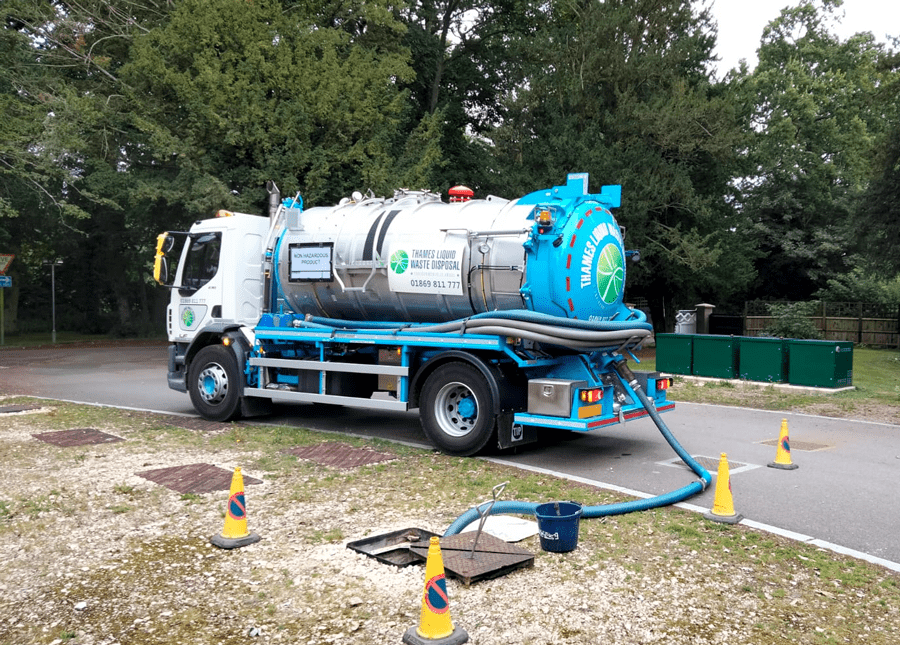Rumored Buzz on Reclaim Waste
Rumored Buzz on Reclaim Waste
Blog Article
The smart Trick of Reclaim Waste That Nobody is Talking About
Table of ContentsThe Facts About Reclaim Waste UncoveredThe Of Reclaim WasteLittle Known Facts About Reclaim Waste.The Best Strategy To Use For Reclaim WasteReclaim Waste for Beginners
Discover the types, events, and kinds of fluid waste. Domestic sewer waste describes the waste and products from a domestic septic container. This kind of waste is produced by humans in residences, schools, and other structures. This only includes sewage-disposal tanks that have a drainpipe area. The proper administration and disposal of residential sewage waste call for fluid waste to be moved to a sewer treatment plant where the proper techniques and devices are applied to cleanse and dispose of waste.
Business waste typically includes prospective hazards, such as flammable materials or a blend of liquid and solid waste products, and calls for a more advanced and thorough disposal procedure. The disposal of commercial waste normally involves the filtration of waste prior to transport to guarantee secure and appropriate disposal. Hazardous waste is developed from byproducts and overflow of commercial processes and production.
This kind of waste can not utilize the same sewage monitoring transportation or processes as septic or commercial fluids. The hazardous waste administration process calls for the inspection and screening of liquid waste prior to it goes through the disposal procedure (liquid waste removal melbourne). Runoff waste is the liquid waste that originates from runoff and excess stormwater in very booming areas or cities
Overflow waste can trigger contamination and flooding otherwise managed properly. Find out more concerning drain cleaning and waste administration. Making certain appropriate waste management can protect against disasters and reduce environmental injury. Both individuals in household settings and specialists in industrial or manufacturing markets can take advantage of recognizing the procedures and policies of fluid waste monitoring.
The Buzz on Reclaim Waste
Contact PROS Solutions today to discover our waste management and disposal solutions and the correct ways to care for the liquid waste you create.
(https://sitereport.netcraft.com/?url=https://reclaimwaste.com.au)This so-called 'wastewater' is not just an important source however, after therapy, will certainly be launched to our land, waterways or the sea. Used water from toilets, showers, bathrooms, kitchen sinks, laundries and commercial processes is known as wastewater.

water used to cool down equipment or clean plant and devices). Stormwater, a kind of wastewater, is runoff that moves from farming and urban locations such as roof coverings, parks, gardens, roadways, paths and gutters right into stormwater drains, after rainfall. Stormwater streams unattended directly to regional creeks or rivers, eventually getting to the sea.
Not known Incorrect Statements About Reclaim Waste
In Queensland, a lot of wastewater is treated at sewer treatment plants. Wastewater is moved from domestic or industrial sites with a system of sewage systems and pump stations, recognized as sewage reticulation, to a sewer treatment plant.
The Department of Natural Resources recommends regional federal governments about managing, operating and preserving sewerage systems and therapy plants. In unsewered areas, city governments may call for owners to mount individual or household sewer therapy systems to treat domestic wastewater from commodes, kitchens, shower rooms and washings. The Department of Natural Resources authorises using family systems when they are confirmed to be effective.
In some new subdivisions, therapy of some stormwater to eliminate litter, sand and crushed rock has actually begun using gross pollutant traps. Wastewater treatment occurs in four phases: Removes strong matter.
Makes use of little living microorganisms recognizes as micro-organisms to break down and eliminate continuing to be dissolved wastes and fine fragments. Micro-organisms and wastes are integrated in the browse around this site sludge.
Reclaim Waste - Truths
Nutrient elimination is not available at all sewage treatment plants since it calls for costly specialized tools. Clear fluid effluent created after treatment might still contain disease-causing micro-organisms - liquid waste disposal melbourne.

Many wastewater streams into the sewage system. Under the Act, regional federal governments carry out authorizations and licences for eco pertinent activities (Ages) including wastewater launches that might have a regional impact.
The Ultimate Guide To Reclaim Waste
Monitoring offers accurate details regarding water top quality and can verify that licence conditions are being fulfilled. The information acquired with monitoring provides the basis for making water high quality decisions.
Report this page